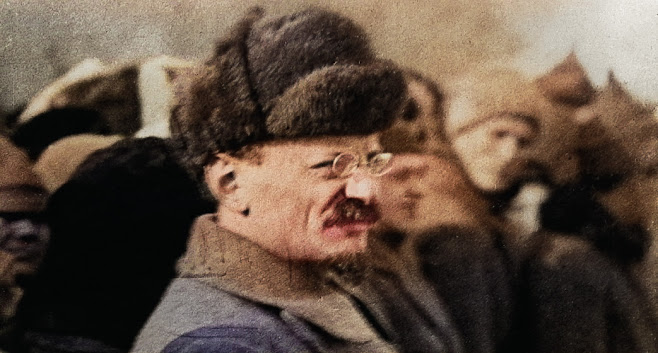Understanding Nazi Ideology
Understanding Nazi Ideology: The Genesis and Impact of a Political Faith
Carl Müller Frøland
Frøland deals with the artistic and philosophical movements that contributed to the manifestation of evil that was the NSDAP.
He is an advocate of the idea of the Sonderweg - the special path. That is the historiographical concept that the German speaking lands followed a different cultural and philosophical path to development, one that ended in the Holocaust.
He certainly is able to show that the seeds that took full fruit under Naziism were planted in a long line of ideas from Romanticism to neo Romanticism that evolved in reaction to French rationalism and French political and military domination of German speaking principalities right up to Bismarck.
All the concepts that the Nazis used, the mysticism of nature, the connection with the soil, the importance of the blood line and the sacredness of the state and the leader all have clear and powerful antecedents.
Starting with Goethe and the Sturm und Drang artistic movement and then moving through ideas of pantheism and the metaphysics of Spinoza and on to Fichte and of course Hegel and Nietzsche, Frøland charts the development of key concepts that the NSDAP mobilised in their favour. The Nazis did not invent these concepts - they existed in German bourgeois society. It is particularly chilling to read the genealogy of antisemitism, first as an othering, a rejection of non Germans but then as a pseudo scientific race theory.
 |
It also is illuminating in explaining the glorification of German culture by the Nazis who could listen to glorious music whilst planning the most horrific of crimes, as portrayed in the film Conspiracy, where Eichmann puts on a record of Franz Schubert’s String Quintet in C Major as he leaves the Wannsee conference where they had just planned the Final Solution.
The Sonderweg is a contradictory concept. It was used by the left liberal historians to defend against the right wing revisionist view of the Nazis as expressed by Nolte in the Historikerstreit. It is largely rejected now as too deterministic. For Marxists of course it fails to take into account economic and other factors and the existence of class difference in cultural attitudes.
Frøland’s book has a more narrow focus in explaining the precedents for Nazi concepts, he does not claim that these led inevitably to the rise of Hitler.
We can clearly see that fascism was not and is not confined to German speaking countries and is not a simply historical phenomenon, a thing of the past. Nevertheless the philosophical roots of many of the common currency of right wing thought can be seen here.
Unfortunately the book is not available in the UK although copies can be ordered from the US at a bit of a cost.

